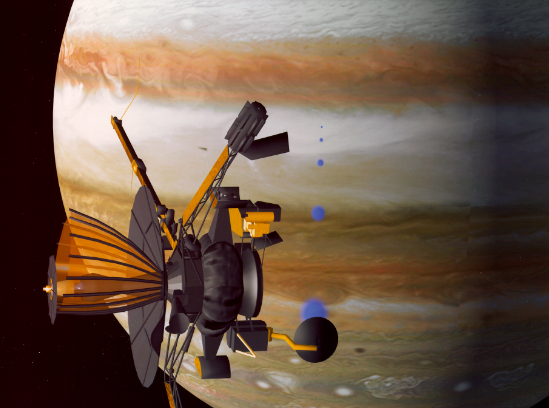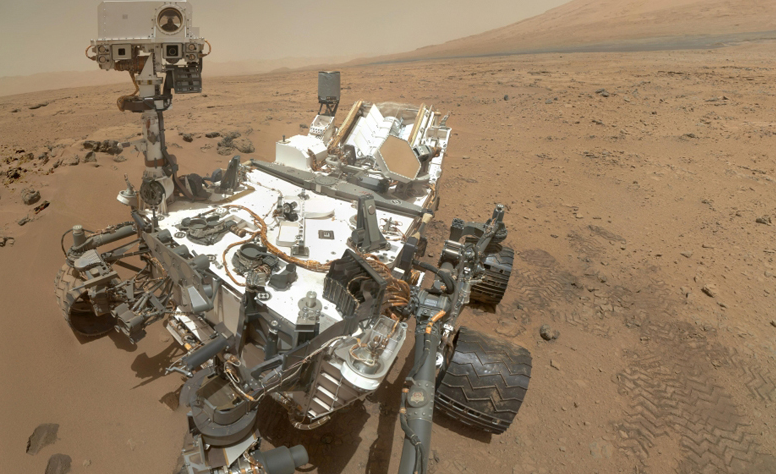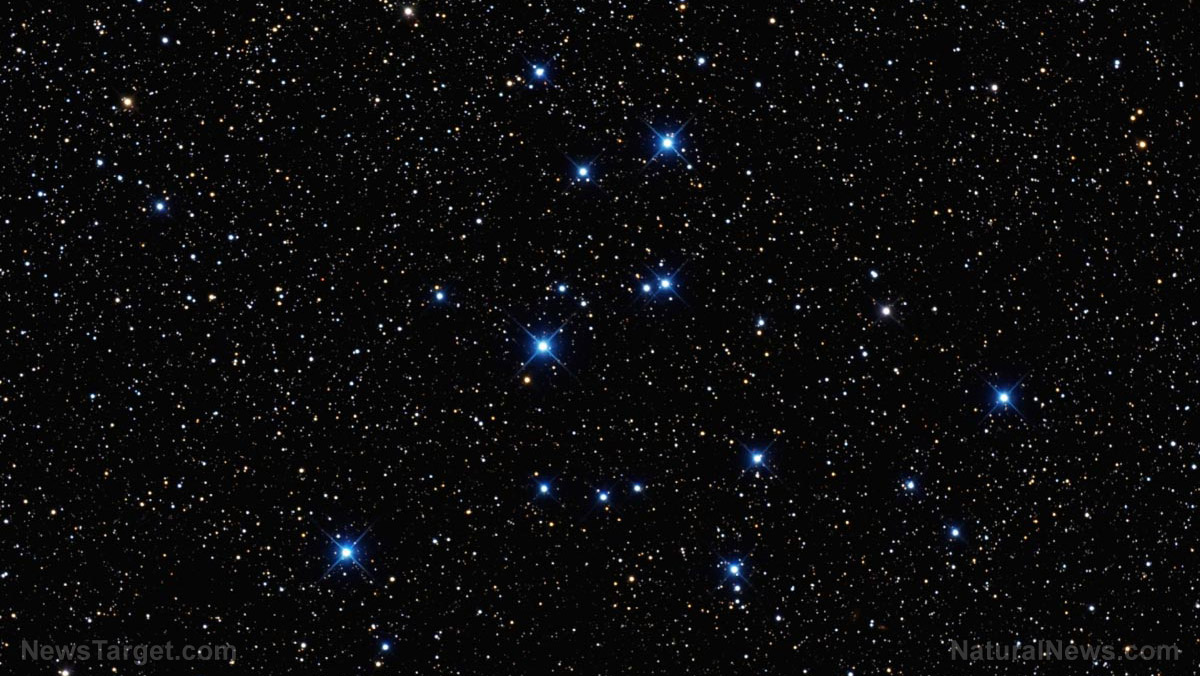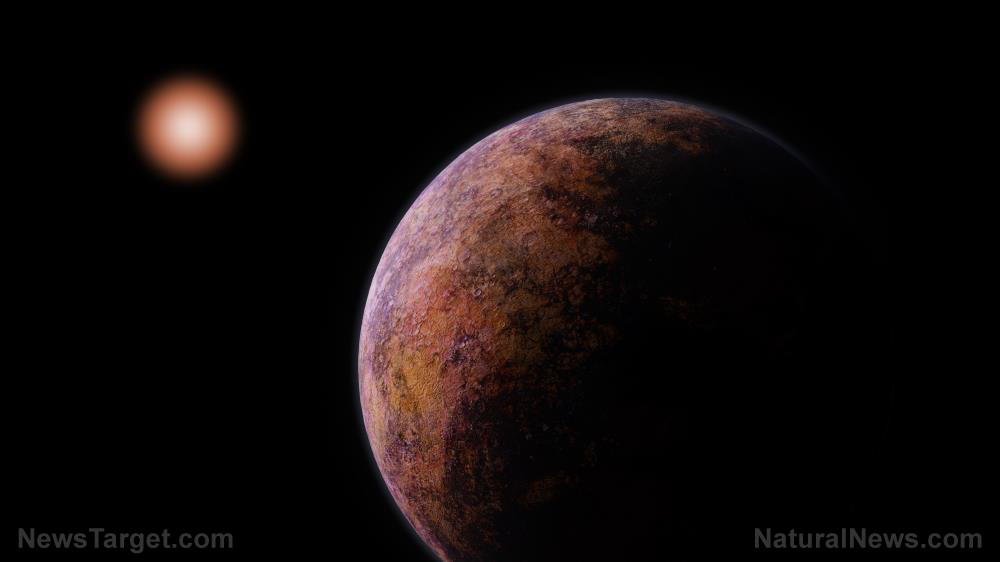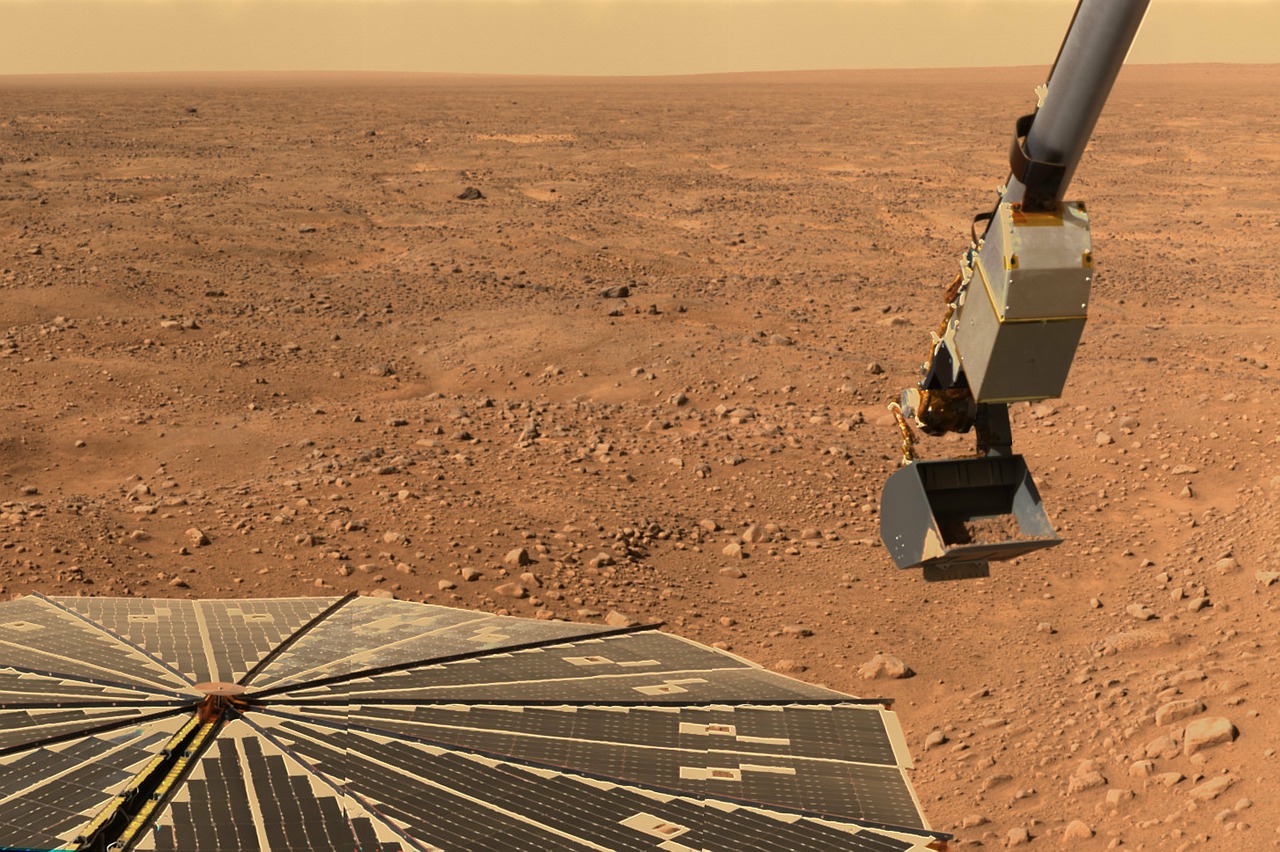
The National Aeronautics and Space Administration (NASA) is currently in the planning stages for a handful of Mars missions, the first of which is scheduled to happen by the year 2020. The space agency aims to find evidence of past life on the Martian planet, by way of examining organic materials on the planet's surface. In order to do so, they've enlisted the help of researchers from the University of Nevada, Las Vegas (UNLV).
And in case you were wondering what exactly a group of university researchers can do to help with future Mars missions, a study that was recently published in the journal Nature Communications and reported on the UNLV news center covers exactly that. According to the report from UNLV, the findings of the university researchers could help assess the possible landing locations as well as excavation sites for NASA's upcoming rover mission to Mars. Their findings could prove useful in achieving NASA's goal of finding evidence for past life on the Martian planet's surface.
The university researchers conducted their study based on the knowledge that there was a surprisingly low concentration of organics on the Martian planet's surface. This is according to data gathered by the Curiosity rover when it landed in the Gale Crater, which contains clay minerals that might be conducive for life preservation. That is, clay minerals can be useful for preserving organic molecules on their surfaces, which means they could potentially serve as a record of past life on the planet.
In order to find out why the organic molecules were in lower concentrations than expected, the researchers decided to recreate clay minerals in a local geoscience lab. They made sure to emulate the environment and the composition of the recreated clay minerals as much as they possibly can based on current knowledge of the Gale Crater. What they found was that iron-magnesium rich clay minerals were probably not conducive to preserving organic materials after all.
According to Seth Gainey, a former Ph.D. student and co-lead of the study, there was a clear reason for the low concentrations of organic material in the Martian surface samples studied so far. "The results suggested that the iron-magnesium rich clay minerals formed quickly under oxidized conditions, which could help explain low concentrations of organics within some rocks or sediments on Mars," he said.
Meanwhile, Elizabeth Hausrath, a UNLV geoscience professor, said that their research findings are quite conclusive. "The fact that organic molecules haven't been detected in higher concentrations in clay minerals on Mars was puzzling, but the results of our experiments – the fact that we can synthesize clay minerals under conditions that would destroy organic molecules – helps us understand those results," she said.
It was first believed that the minerals were only able to form under anoxic conditions, with very little to no oxygen at all. However, the new research shows that they can be formed under oxidizing conditions as well, and that's simply not ideal for preserving past organic biosignatures. It looks like that might exactly be the case for Mars and the locations where the studied samples have been taken so far, according to Gainey.
The researchers said that fully understanding how the minerals were formed will be "critical" in the search for possible landing spots for future Mars missions. Perhaps their findings could indeed prove to be essential in NASA's search for life on Mars.
Follow the latest updates on NASA's Mars missions on Space.news.
Sources include:
Please contact us for more information.















